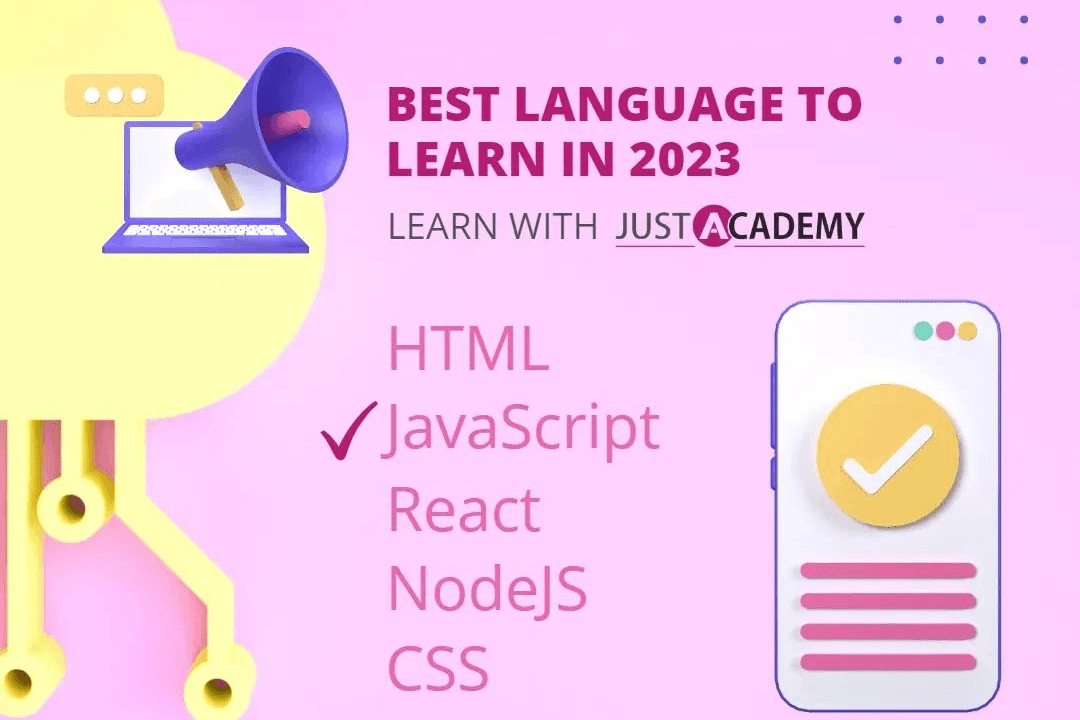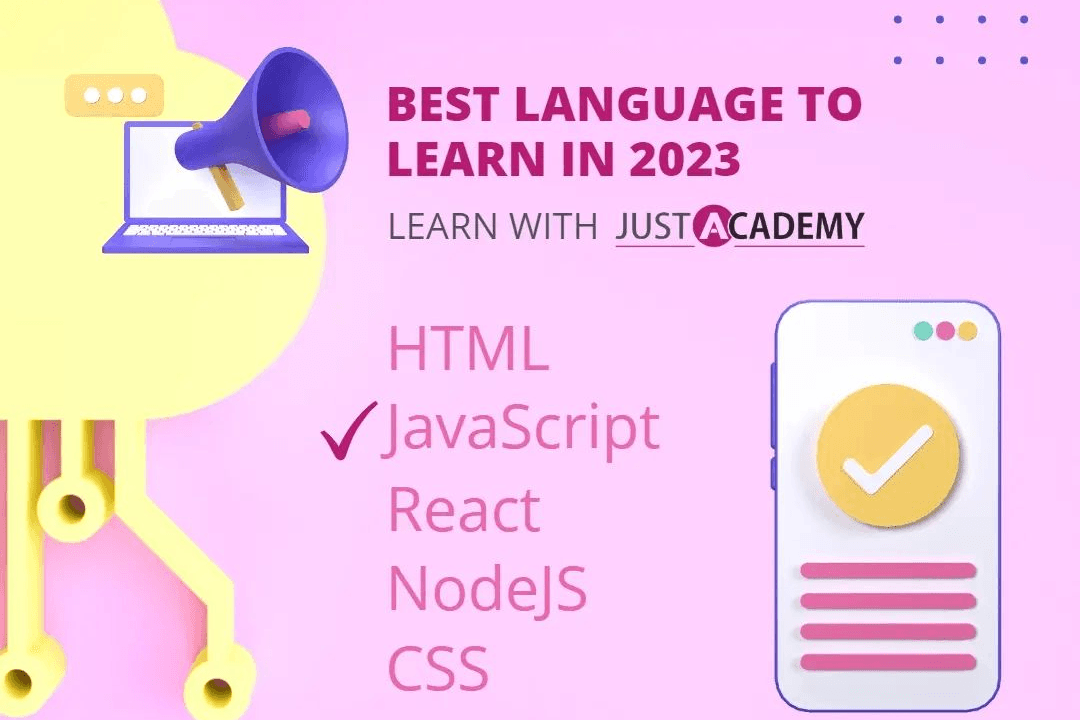Difference Between C C++ And Python
Comparing C, C++, and Python: A Comprehensive Overview
Difference Between C C++ And Python
C is a low-level, procedural programming language with strong control over hardware resources, C++ is an extension of C with object-oriented programming features, and Python is a high-level, interpreted language with dynamic typing and a strong emphasis on readability and simplicity. C and C++ provide more control and efficiency but require more effort from the programmer, while Python offers faster development and easier maintenance.
To Download Our Brochure: https://www.justacademy.co/download-brochure-for-free
Message us for more information: +91 9987184296
1 - Syntax and Paradigm:
C: C is a procedural programming language with a complex syntax, where the emphasis is on the step by step procedure to solve a problem.
C++: C++ is a multi paradigm language that includes procedural, object oriented, and generic programming features.
Python: Python is a high level, interpreted language that uses a simple and clean syntax emphasizing readability and simplicity.
2) Usage and Application:
C: Widely used for system programming and embedded programming where performance is crucial.
C++: Used extensively in software development, game development, and systems programming due to its object oriented features.
Python: Known for its versatility and used in web development, data science, artificial intelligence, and automation.
3) Memory Management:
C: Requires manual memory management with explicit allocation and deallocation of memory using functions like malloc() and free().
C++: Supports both manual memory management with features like new and delete as well as automatic memory management through smart pointers.
Python: Utilizes automatic memory management through garbage collection, relieving the programmer from managing memory explicitly.
4) Compilation:
C: Needs to be compiled into machine code before execution.
C++: Similar to C, requires compilation into executable code.
Python: Interpreted language where code is processed line by line by the interpreter.
5) Ease of Learning:
C: Known for its complex syntax and low level nature, making it challenging for beginners to grasp.
C++: Slightly easier to learn than C due to its object oriented features, but still requires a solid foundation in programming concepts.
Python: Considered one of the most beginner friendly languages due to its readable and clean syntax.
6) Community and Resources:
C: Has a long standing community with vast resources and libraries available for different domains.
C++: Active community support with a wide range of resources and libraries catering to various development needs.
Python: Boasts a large and vibrant community offering extensive libraries and frameworks for diverse applications.
7) Speed and Performance:
C: Known for its high performance and speed, making it ideal for applications that require optimal efficiency.
C++: Offers comparable performance to C while providing additional abstractions through object oriented programming.
Python: Generally slower in execution compared to C/C++ due to its interpreted nature, but the tradeoff is simplicity and ease of development.
8) Error Handling:
C: Relies heavily on error codes and manual error handling mechanisms.
C++: Introduces exception handling for more robust error management along with traditional error codes.
Python: Utilizes exceptions extensively for handling errors, simplifying the error handling process for developers.
9) Multi threading and Concurrency:
C: Requires manual implementation of multi threading and synchronization mechanisms for concurrent programming.
C++: Provides standard library support for multi threading with features like thread classes, mutexes, and condition variables.
Python: Offers native support for multi threading and multiprocessing, making it easier to write concurrent programs.
10) Libraries and Ecosystem:
C: Has a rich set of libraries and APIs for system level programming and low level operations.
C++: Offers a vast ecosystem of libraries and frameworks for application development, game development, and more.
Python: Known for its extensive standard library and third party packages for web development, data analysis, machine learning, and more.
11) Platform Independence:
C: Not inherently platform independent, as the code needs to be recompiled for different platforms.
C++: Shares similar platform limitations with C, requiring recompilation for different systems.
Python: Considered platform independent, as the Python interpreter abstracts many low level platform specific details.
12) IDE Support:
C: Supported by a wide range of IDEs like Visual Studio, Code::Blocks, and Eclipse.
C++: Enjoys strong IDE support with popular environments such as Visual Studio Code, CLion, and Qt Creator.
Python: Supported by versatile IDEs like PyCharm, Jupyter Notebook, and Visual Studio Code.
13) Scalability:
C: Offers excellent scalability for low level programming and demanding applications but can be challenging for large scale projects.
C++: Provides scalability for complex projects through its object oriented and generic programming capabilities.
Python: Scalable for small to medium projects, but may face performance issues in very large scale applications.
14) Job Opportunities:
C: Abundant job opportunities in areas like system programming, embedded systems, and performance critical applications.
C++: In demand for software engineering roles in industries like gaming, finance, and systems development.
Python: High demand across various domains such as web development, data science, machine learning, and automation.
15) Modularity and Reusability:
C: Modularity and reusability need to be enforced by the programmer through functions and structures.
C++: Encourages modularity and reusability through classes, objects, and inheritance, promoting code organization.
Python: Supports modularity and reusability through modules and packages, facilitating code sharing and maintenance.
Browse our course links : https://www.justacademy.co/all-courses
To Join our FREE DEMO Session: Click Here
Contact Us for more info:
- Message us on Whatsapp: +91 9987184296
- Email id: info@justacademy.co
Advanced Sql Query Interview Questions
Sql Queries Asked In Interview
Difference Between Application Software And Utility Software












